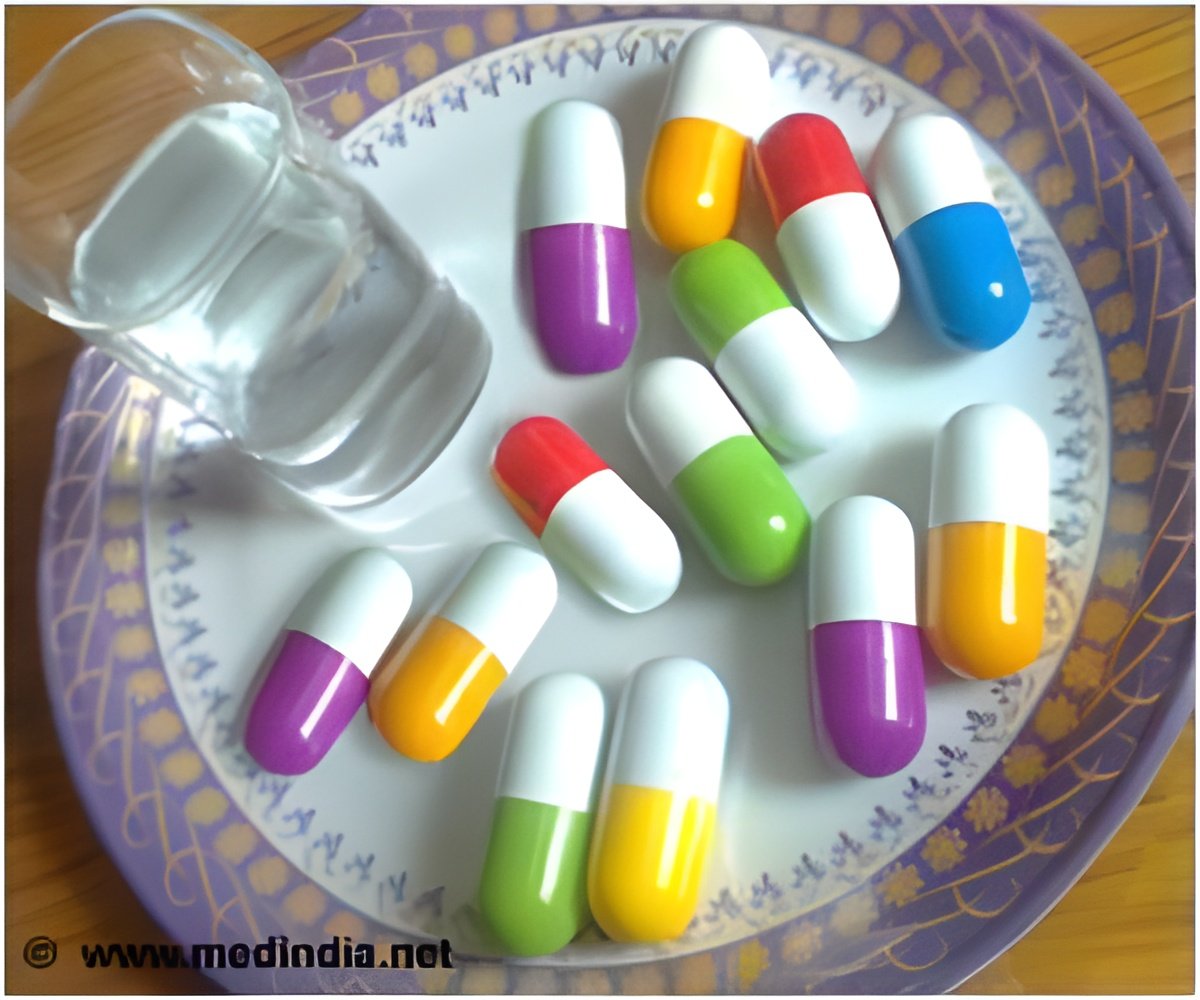The ill effects of dioxin cannot be avoided even if it is completely eliminated around the globe.
The ill effects of dioxin cannot be avoided even if it is completely eliminated around the globe as the descendants of those who were exposed to the chemical will continue to harbor the genetic modifications caused, a new study by researchers at Washington State University reveals.
Writing in the journal
PLoS ONE, biologist Michael Skinner and members of his lab say dioxin administered to pregnant rats resulted in a variety of reproductive problems and disease in subsequent generations. The first generation of rats had prostate disease, polycystic ovarian disease and fewer ovarian follicles, the structures that contain eggs. To the surprise of Skinner and his colleagues, the third generation had even more dramatic incidences of ovarian disease and, in males, kidney disease."Therefore, it is not just the individuals exposed, but potentially the great-grandchildren that may experience increased adult-onset disease susceptibility," says Skinner.Skinner is a professor of reproductive biology and environmental epigenetics - the process in which environmental factors affect how genes are turned on and off in the offspring of an exposed animal, even though its DNA sequences remain unchanged. In this year alone, Skinner and colleagues have published studies finding epigenetic diseases promoted by jet fuel and other hydrocarbon mixtures, plastics, pesticides and fungicides, as well as dioxin.The field of epigenetics opens new ground in the study of how diseases and reproductive problems develop. While toxicologists generally focus on animals exposed to a compound, work in Skinner's lab further demonstrates that diseases can also stem from older, ancestral exposures that are then mediated through epigenetic changes in sperm.
Source-Eurekalert
